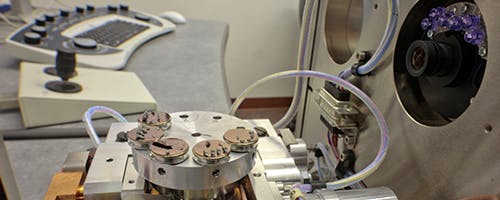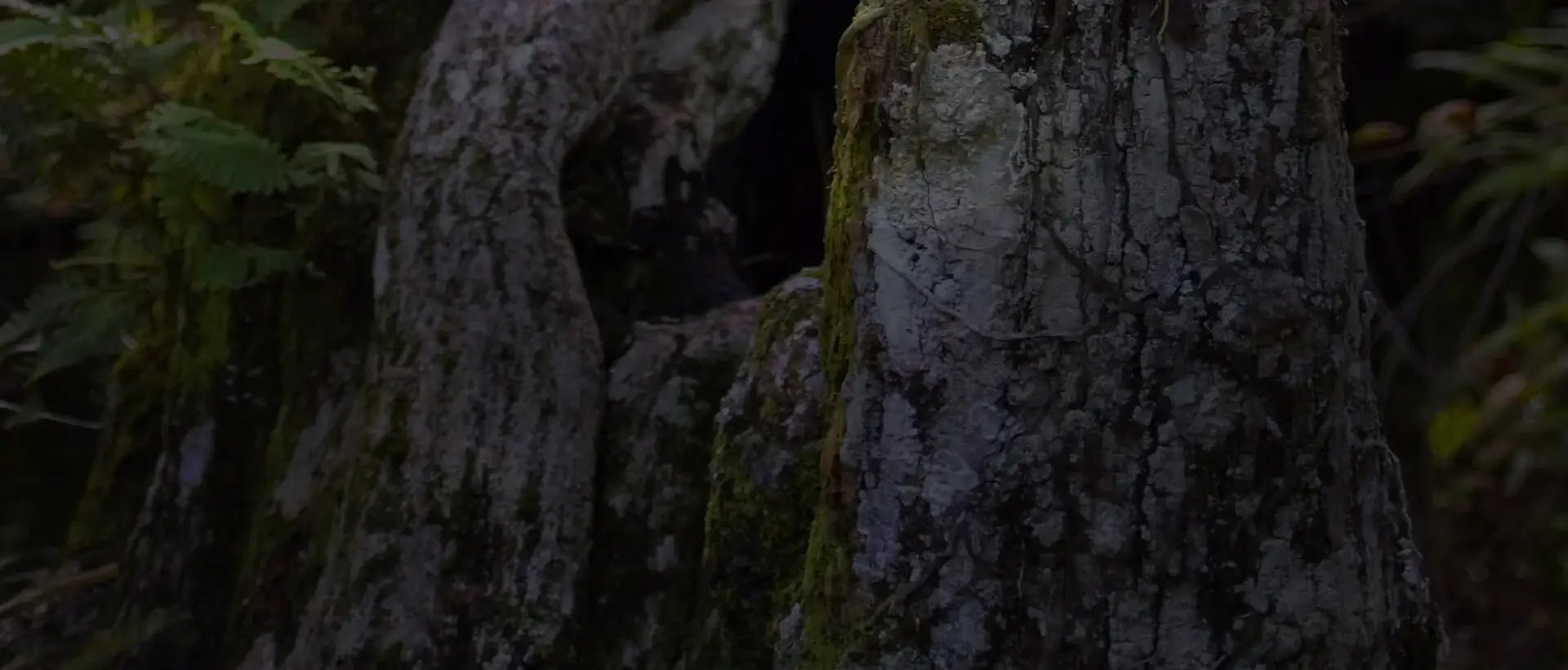
The following details the new application procedure for the submission of research proposals to the American Orchid Society. As of spring 2017, the former combined Research and Conservation Committee has been split into two discrete committees. The guidelines here apply for the Research Committee only.
Submission deadline: March 1 of each year.
Eligibility: Any orchid researcher with some form of institutional affiliation: appointment at college, university, museum, herbarium, or botanical garden as research staff or research associate or similar; membership in an orchid society including AOS is not sufficient or required. If you are unsure, please contact the Chair of the Research Committee. All nationalities, all places of residence.
New proposal by past recipients: A new proposal by any recipient (either as principle investigator or as collaborator) of a previous AOS research award must contain evidence of submission or publication of an article in ORCHIDS magazine, the Bulletin of the American Orchid Society.
Subject matter: Any research with focus on orchids, such as anatomy, biogeography, conservation science, development, ecology, evolution, genetics, horticulture, morphology, physiology, propagation, systematics. With conservation, it needs to be conservation science, not practical conservation, which is the purview of the Conservation Committee
Allowable expenses:
- Supplies, travel expenses, field expenses. Justify in budget.
- Services. Some procedures are best outsourced (e.g., DNA sequencing), while we expect tedious work (e.g., seed counting) to be carried out by applicant. Justify expenses for services in proposal or budget.
Impermissible expenses:
- Institutional overhead/indirect cost.
- Salaries/tuition. Basic living expenses must be covered by other means.
- Assistants. In general, the work is carried out by the applicant(s). If it is considered unavoidable, contact Chair well before submission and explain.
- Major equipment (e.g., microscope, PCR machine). Small permanent equipment (e.g., calipers) is permissible. When in doubt, inquire with Chair before submitting proposal.
Amount for 2020. The entire budget for the Research Committee is US$20,000, which is a hard upper limit. Typical grants range from $1,000 to $10,000. In addition, the Chair’s Award for systematics of overlooked and understudied taxa for up to US$10,000 is available.
Partial funding is at the discretion of the Research Committee, and not all funds may be spent depending on the quality of the proposals.
An award is paid to the institution with which the applicant is affiliated. Multiyear projects are funded on an annual basis after satisfactory progress report has been submitted by March 1 on work from previous year.
Target notification. With evaluation for two months, and Board of Trustee approval one month later, we anticipate of notifying applicants of the final decision in early June.
Application Structure:
- Language is English (US, UK, AU are accepted).
- Proposal narrative of no more than five pages, 12 point font, single spaced, 1”/2.5 cm margins, including all illustrations and references.
- Identify explicitly the organization that has agreed to administer a potential award on budget sheet.
- CV with information relevant to proposal, usually one page should suffice.
- Budget including justification of generally one page. Use budget template (DOCX, 92 KB).
- Letter of recommendation/support. Degree-seeking students include a one-page letter or recommendation by advisor. Third-party commitments must be confirmed by third party with brief statement. One to two sentences should generally suffice.
- All application material is submitted in a single pdf no larger than 3 MB. The file name is last name of principal investigator AOSRC year: SmithAOSRC2018.pdf
Recipients must submit an article of their finds to ORCHIDSmagazine, the Bulletin of the American Orchid Society. It may either be a scholarly article for the Lindleyana section, or a more popular article suitable for a more general audience. The latter may be submitted after research finds have been published elsewhere. New proposals by past recipients as principle investigator or collaborator are only accepted with proof of submission/publication of article on results from previous award in ORCHIDS magazine, the Bulletin of the American Orchid Society.
Prospective applicants are encouraged to contact the Chair of the Research Committee with any questions as early as possible. Inquiries sent after February 15 may not be answered in time for the March 1 submission deadline.
Some helpful suggestions to applicants.
- Keep general introduction short, one page or less. We all know that there are lots of orchid species.
- Address permits explicitly. Are they required (e.g., collecting, export, import, CITES)? Have you done these sorts of permits before? How? With which agencies/organizations? If not, how do you plan on doing it? Do you have preliminary contracts/agreements? Possibly provide letters of support.
- Avoid hyperbole; the AOS project is not going to solve climate change.
- Focus on what YOU want to do.
- Provide some evidence that you have reasonably mastered specialized techniques. Preliminary data are a plus, but not required.
- Be specific about analytical approaches. Rather than “results will be statistically analyzed”, state “a nested (experimental plots) ANCOVA with plant size as the covariant and arc-sine transformed ratio data”. Do not confuse Principle Component Analysis (one sample) with Discriminant Function Analysis (multiple pre-defined groups). For molecular work, why do you choose the marker(s), and why do you think they are suitable to answer your question.
- Justify your budget with details. Rather than “DNA sequencing $2000”, specify “40 samples, 5 markers sequenced both directions, $5/lane: $2000”. Or rather than “Travel $1000”, specify “airfare Honolulu – Seattle $600 (Air Hawaii), one week small car rental $300, gas 1600 mi to field sites (see map Fig. 3), @50mi/gal, $3/gal: $100, total travel $1000”.
- You do not have to fill all five pages
Additional Information
- Grant Application Budget Template (DOCX, 92 KB)
- Grant Funding History









